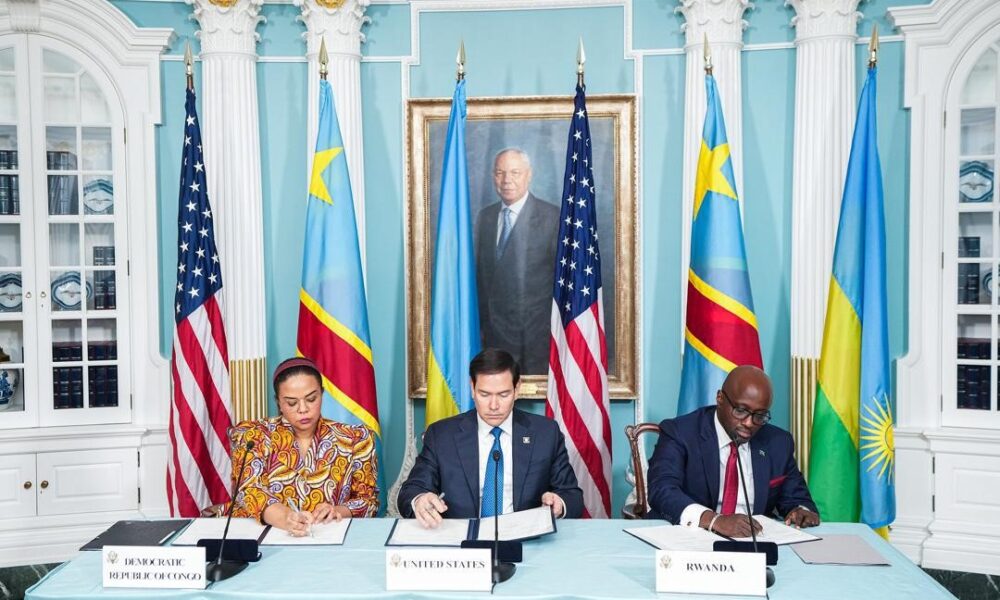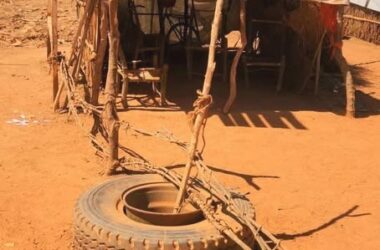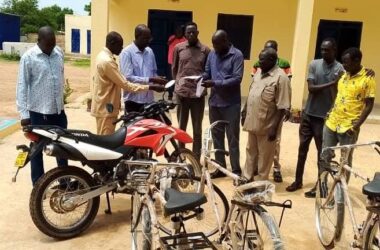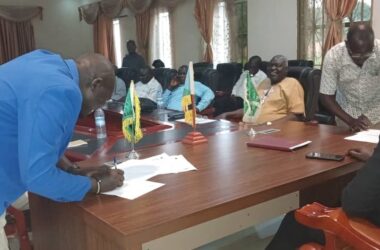By Philip Buda Ladu
Technical teams from the Democratic Republic of the Congo (DRC) and the Republic of Rwanda Thursday initialed a comprehensive Peace Agreement in Washington, D.C. This marks a significant step towards de-escalating tensions and fostering stability in the Great Lakes region.
The agreement, mediated by the United States and observed by the State of Qatar, sets the stage for a Ministerial signing on June 27, 2025, according to a press statement issued by the office of the spokesperson of the U.S. Department of State extended to this outlet.
U.S. Under Secretary for Political Affairs Allison Hooker witnessed the initialing of the text, which follows three days of intensive and constructive dialogue.
Meanwhile, the U.S. Secretary of State Marco Rubio is expected to witness the upcoming Ministerial signing.
Building on a Declaration of Principles signed on April 25, 2025, the newly initialed agreement addresses a range of critical political, security, and economic interests shared by the two nations.
Key provisions include: Respect for Territorial Integrity and Prohibition of Hostilities, Disengagement, Disarmament, and Conditional Integration of Non-State Armed Groups, Establishment of a Joint Security Coordination Mechanism.
Others are; Facilitation of Return of Refugees and Internally Displaced Persons (IDPs) and Humanitarian Access and Regional Economic Integration Framework: A commitment to foster economic cooperation and prosperity within the Great Lakes region.
The State of Qatar participated in these crucial discussions, ensuring complementarity and alignment with its own initiatives aimed at promoting dialogue and peace in the region.
U.S. Department of States noted that both the DRC and Rwanda expressed their profound appreciation for the valuable contributions and joint efforts of the United States and Qatar in advancing a peaceful resolution.
The successful initialing of this agreement paves the way for a subsequent Summit of the Heads of State in Washington D.C., where leaders are expected to further advance peace, stability, and economic prosperity for the entire Great Lakes region.
Last year, Rwandan and Congolese experts reached an agreement twice under Angola mediation on the withdrawal of Rwandan troops and joint operations against the Rwandan Hutu rebel group FDLR, but ministers from both countries failed to endorse the deal.
As such Angola stepped down in March from its position as a mediator between the parties involved in an escalating Rwanda-backed rebel offensive in eastern Congo after several attempts to resolve the conflict.
Fighting in eastern Congo escalated this year as Rwanda-backed M23 rebels staged an advance that saw it seize the region’s two largest cities, raising fears of a wider conflict.
Congo says Rwanda is supporting M23 by sending troops and arms.
Rwanda has long denied helping M23, saying its forces are acting in self-defence against Congo’s army and ethnic Hutu militiamen linked to the 1994 Rwandan genocide that killed around 1 million people, mostly ethnic Tutsis.




